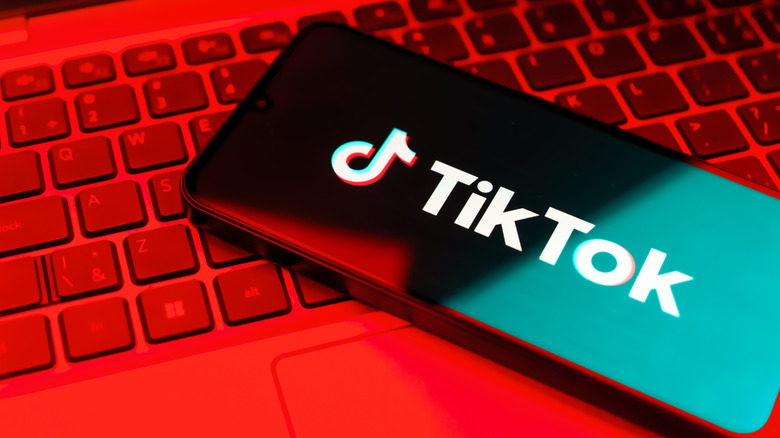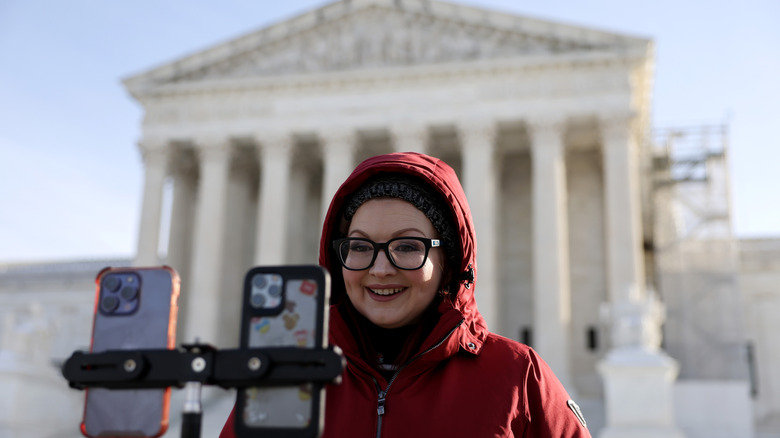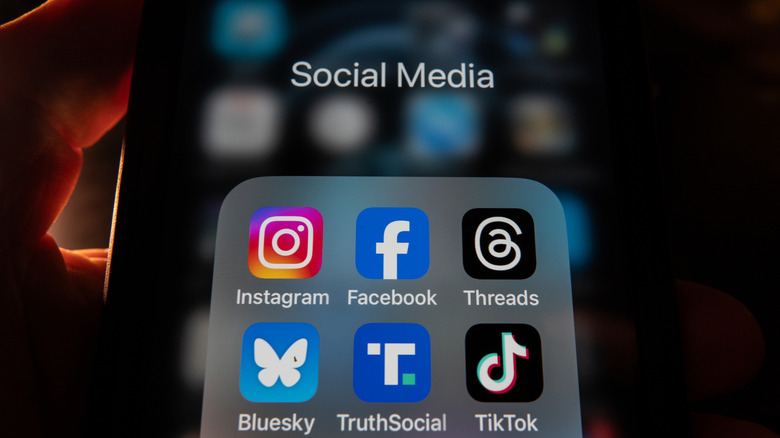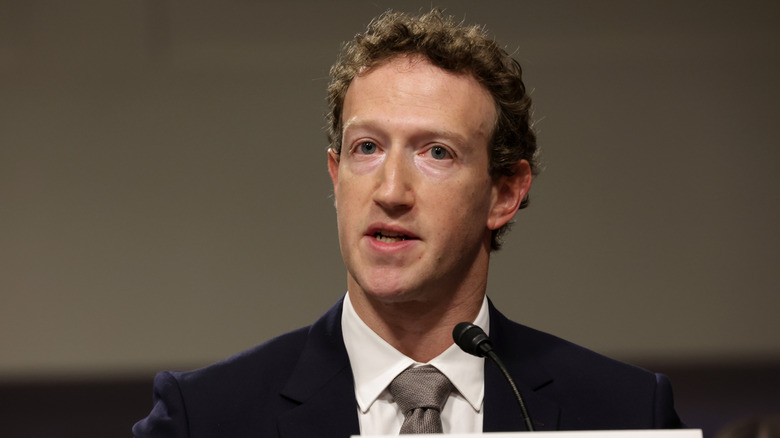If You Think A TikTok Ban Will Fix Things, You've Not Been Paying Attention
This Sunday, millions of people may be extremely disappointed when they open their favorite app. TikTok, which has seen a ridiculous amount of popularity, and essentially constructed its own creator ecosystem, faces a ban from the United States government if it doesn't sell itself to a U.S.-based firm before January 19. The app first came to U.S. shores in 2016 and really started gaining footing in 2018. It has since lived in the hearts and minds of millions of people, including my wife and daughter; I'm more of an Instagram Reels kind of guy myself.
By the way, this extremely popular app is the brainchild of Chinese firm ByteDance, and the U.S. Government really doesn't like the app for this reason. The primary reason for the ban, according to U.S. officials, is that ByteDance has access to tons of U.S. users' data. Being a Chinese-based company, that means that the Chinese government also has access to that data. That just will not do, and there are very good reasons for this.
China wants your data
The government's reasoning is sound. Depending on which reports you believe the extent may differ, but the general idea is that China's government can place an undue amount of pressure on companies within its border to gain access to the data stored on its servers. You may be wondering what data that is and the answer is "all of it." Maybe you're not concerned about China knowing how many dog videos you liked, or which mini-animal farm influencers (which I swear to you is an actual thing) you follow, and that's fair enough. To be frank, China also isn't concerned about that.
The data China may be concerned about is the holistic data that TikTok collects. Rather than a focus on the individual, with this amount of data extremely large groups become significant. ByteDance will be able to tell the general disposition of the American groupthink, and that's some insidious stuff, especially when weighed against the U.S. government's second reason for banning the app.
Feed manipulation
If you read the government's argument with the Supreme Court, one passage stands out: "...the [People's Republic of China] could covertly manipulate the platform to advance its geopolitical interests and harm the United States — by, for example, sowing discord and disinformation during a crisis."
If you're thinking "What? People might get disinformation on a social media platform?" then the answer is yes. If you ask me, this is the real problem with TikTok. Allowing a foreign government — one deemed hostile by the U.S. — to have a finger on the scale of the American zeitgeist could be very dangerous indeed.
China could use that influence to sway important elections or swing American opinion one way or the other on crucial issues. Here's an extremely heavy-handed example.
Let's say the U.S. government was reconsidering the ban on Huawei phones. ByteDance could quietly promote videos that show how great Huawei phones are, or how positive the company is with humanitarian issues. Meanwhile it could tamp down on videos that show how the company has stolen American technology in the past, or general videos that express the opinion that the ban is a good thing. Before you know it, Americans are writing to their congressional representatives asking them to vote to allow Huawei back into the U.S.
Here's another example: There is a massive power outage that affects a good portion of the United States. China buries videos that explain how the power outage actually happened and instead surfaces videos suggesting that the government is conducting experiments on the population instead. With no one to refute these claims, you get anarchy.
That could actually happen. It would not be hard.
So, banning TikTok is not only a good step, it's a necessary step, but that is only because the U.S. government isn't capable of solving the bigger problem.
What's the bigger problem?
The thing is, there is nothing that TikTok is doing that Google, Meta, Snap and other companies aren't doing. You want to talk about data privacy? The difference is that these companies are American and therefore Star-Spangled awesome. Is that enough reason to let these companies run rampant with your data? It's no less dangerous; it's just a different kind of danger. Here are a couple of statistics for you:
According to PBS, about 20% of Americans get their news from social media. The Pew Research Center says that more than half of TikTok users regularly get news from TikTok. The problem with social media is, it's social. Anyone can sign up and say anything they want, whether it's true or not. Meta just announced on its blog that it's no longer going to fact-check posts on its site, relying instead on a Community Notes feature, similar to X. That's not ideal.
What's to stop the social media giants from influencing public opinion in a similar way to my above examples? Sure, they're American companies, but who's to say their agenda is any more benevolent than TikTok's? Didn't Elon Musk alter Twitter's algorithm to make sure his tweets surfaced more than others?
The good news is that this is a solvable problem, and it doesn't involve banning TikTok. Indeed, if my solution below were to be implemented, TikTok would be welcomed back into the U.S. with open arms.
The bad news is that I have little faith that our government as it exists today can implement this solution.
Algorithmic oversight
What really needs to happen is that a governing body needs to have oversight over the algorithms that serve up anything to American eyeballs. That means social media; that means search engines; that means just about everything. Any web site that allows you to see a thing, and then serves you up another thing based on the thing you just saw, needs to fall under this oversight. That means YouTube, Google Search, Bing, X, LinkedIn, and every other site I'm missing (spoiler alert: there are a lot).
I'm not asking for these platforms to publish their algorithms and make them super easy to manipulate (although X did publish its algorithm on GitHub two years ago), but a team of government officials and industry experts (that are unaffiliated with those platforms) need to be able to go in and look at the algorithm and say, "Nope, that won't do."
Unfortunately, I have little faith that we can do that. Lobbying from X, Meta, Google, and Snap (not to mention any others I'm forgetting) would almost certainly stymie efforts. Algorithms are designed to promote engagement, and therefore earn money, and when two owners of the most popular social media apps are attending the President's inauguration, it doesn't bode well for that same government's willingness to tamp down on those profits. Oh, and there's one other problem.
Senator, we sell ads
Do you remember the Facebook hearings where Mark Zuckerberg had to explain the complex business model of "selling advertising" to a Senator that probably still uses a flip phone from 2001? I'm not suggesting our population of a certain age doesn't understand technology, but anyone who has ever given their mother-in-law a new smartphone is probably silently nodding to themselves while they read this.
Put simply, politicians are good at politics; tech people are good at tech, and ne'er the twain shall meet. However, that's what it would take to properly oversee something like this. And while it's true that a mix of those two categories of people could pull this off, in most cases the people qualified to oversee an algorithm are the ones writing it.
In short, banning TikTok is eliminating a massive exterior cyber threat to this country, but it still leaves other interior cyber threats alone, which could end up being just as dangerous.





